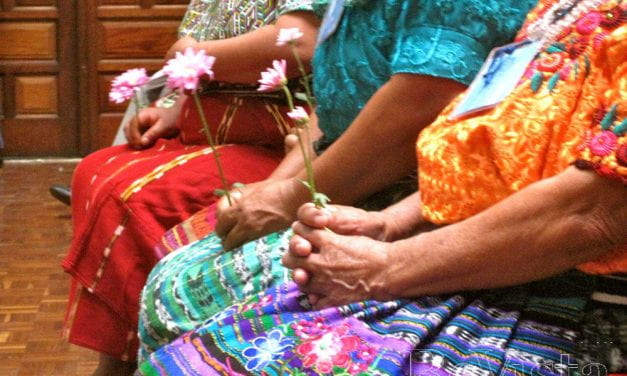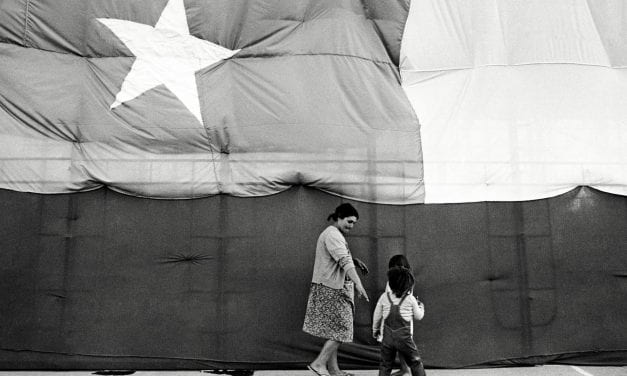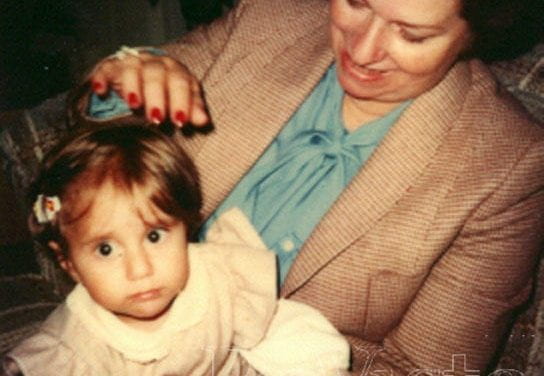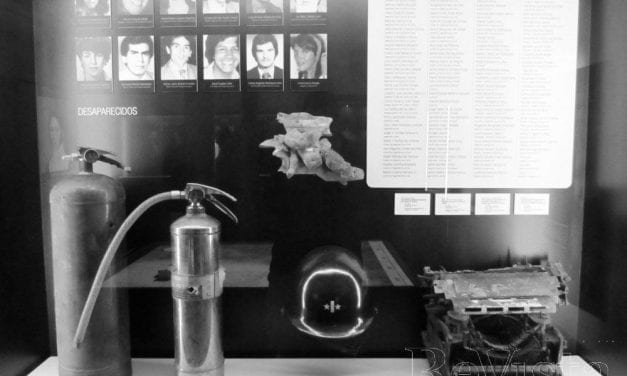Educating the “Good Citizen”: Memory in postwar Guatemala
On my many field trips, I tell Guatemalan teens I’m interested in how they learn about the 36-year conflicto armado (armed conflict). I then study their faces. If not baffled, they avert their eyes and share refrains passed on by many adults in their lives: “We have no historical memory,” or “In Guatemala, there is no historical consciousness.” School teachers say, occasionally with concern, “We don’t talk about that here,” …





